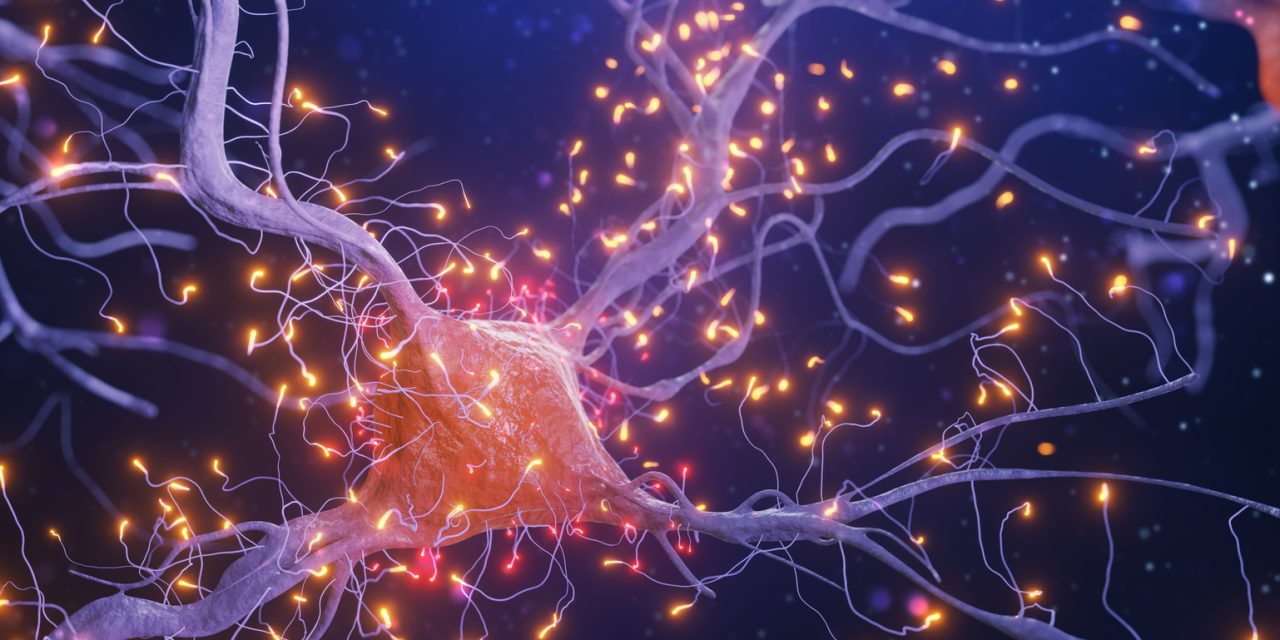How the intrinsic sequence structure of neonatal mouse pup ultrasonic vocalization (USV) and maternal experiences determine maternal behaviors in mice is poorly understood. Our previous work showed that pups with a Tbx1 heterozygous (HT) mutation, a genetic risk for autism spectrum disorder (ASD), emit altered call sequences that do not induce maternal approach behaviors in C57BL6/J mothers. Here, we tested how maternal approach behaviors induced by wild-type and HT USVs are influenced by the mother’s experience in raising pups of these two genotypes. The results showed that wild-type USVs were effective in inducing maternal approach behaviors when mothers raised wild-type but not HT pups. The USVs of HT pups were ineffective regardless of whether mothers raised HT or wild-type pups. However, the sequence structure of pup USVs had no effect on the general, non-directional incentive motivation of maternal behaviors. Our data show how the mother’s experience with a pup with a genetic risk for ASD alters the intrinsic incentive values of USV sequences in maternal approach behaviors.© 2020 Wiley Periodicals LLC.
Maternal approach behaviors toward neonatal calls are impaired by mother’s experiences of raising pups with a risk gene variant for autism.


